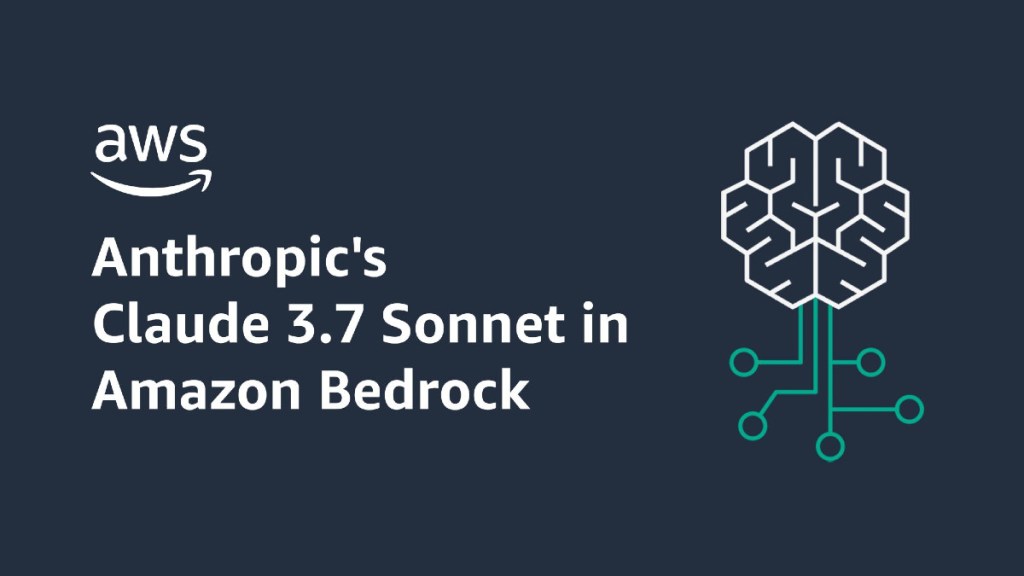Amazon-backed Anthropic has announced Claude 3.7 Sonnet in Amazon Bedrock a major update to its AI assistant with improved reasoning capabilities and better control over how the model processes information. Anthropic says this is their smartest model yet and it’s special because it’s a “hybrid reasoning” model. This means it can think in two ways: a quick mode for quick answers or a slower, more detailed mode for deeper thinking. Customers can pick which mode they want depending on their choice of speed, cost, and depth of answer.
What makes Claude 3.7 Sonnet special?
Claude 3.7 Sonnet is a “hybrid reasoning” model, meaning it can switch between two modes- a fast mode for fast responses and an extended mode for detailed problem-solving. This flexibility lets users choose how much speed or depth they prefer, balancing cost and performance. It is designed for computer use, agentic capabilities, complex reasoning, and content generation. Anthropic says it’s their smartest model to date with significant improvements in understanding complex questions and giving accurate answers.
How it fits into AWS Bedrock
AWS Bedrock is a web service that enables companies to pick from different AI models to build their own custom solutions. By adding Claude 3.7 Sonnet, AWS gives users another high-reasoning AI model alongside models from other companies. It’s available now in several U.S. regions, including Virginia and Oregon, with plans to expand further. Users can test it out on the Bedrock console or connect it to their apps using simple tools provided by AWS.
Claude 3.7 Sonnet’s can have multiple use cases. Businesses can build advanced AI assistants and agents using the model to interact with customers. Amazon says that it can be used in fields like healthcare where it can assist in medical imaging analysis and research summarisation. Financial services can use it to solve complex financial modelling problems. Developers can use it for coding.
The competition
Claude 3.7 Sonnet joins the AI race against OpenAI’s GPT-4, which is popular for its detailed chat capabilities. Google’s Gemini, another rival, powers tools like Bard and focuses on vast knowledge. Meta’s LLaMA models, which are more research-focused, are also in the mix, offering cost-effective options.








